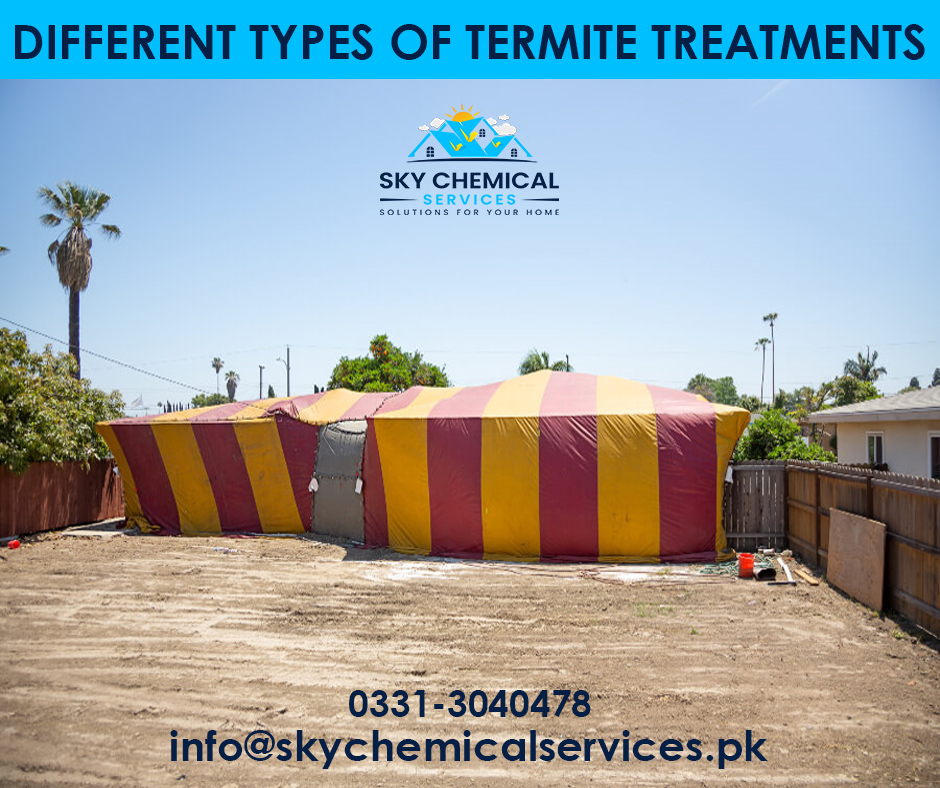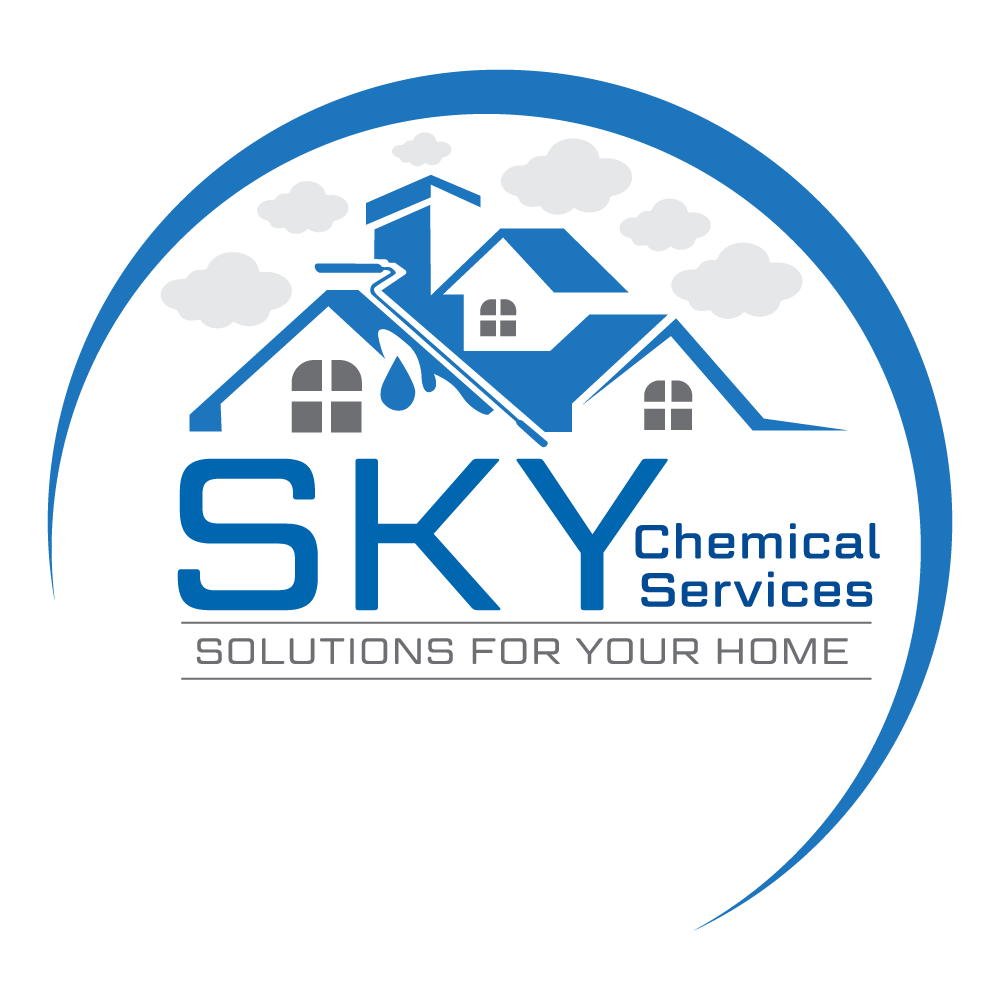
Did you know that termites cause more than five billion dollars worth of property damage every year? That too, 24 hours a day! These creatures are categorized as ‘one of the most destructive pests’ that infest homes and buildings and cause significant damage to wooden-made structures. Termite treatments is important for several reasons: minimal damage, higher aesthetic appeal, and more.
There are several different types of termite treatments methods available, each with its advantages and disadvantages. In this blog, we will explore different termite treatment options, helping you make an informed decision.
Chemical Barrier Treatments
Chemical barrier treatments are one of the most effective methods to combat the wood-loving creatures. These treatments involve the application of liquid termiticides to create a protective barrier around the structure, preventing white ants from entering the area.
There are two types of chemical barrier treatments:
- Soil Termiticides: Soil-related chemicals are applied around the perimeter of a building or foundation. These repellants offer a protective zone that termites cannot breach.
- Wood Treatment: The direct application of termiticides to vulnerable wooden structures, such as the foundation, support beams, and wooden siding. This method provides targeted protection in specific areas.
Benefits
- Effective at preventing infestations
- Long-lasting protection
- Versatile
Drawbacks
- Requires professional application for optimal results
- Some termites may develop resistance to chemicals.
Read More
Why Fumigation is Essential in Your Structures
Types of Fumigation and General Pest Control
Bait Systems
Another popular method for termite treatment is bait systems. A bait system is composed of bait stations (containers that contain lethal substances for termite colonies) placed around the property. The bait consists of cellulose material laced with slow-acting termiticides. When termites consume the bait and return it to the colony, it spreads in the entire termite population.
Benefits
- Low environmental impact
- Targets the entire termite colony
- Less invasive than traditional chemical treatments
Drawbacks
- Takes time
- Requires regular monitoring and maintenance
Heat Treatment
Heat treatment is a non-chemical method that involves the increase of temperature within a structure to eliminate termites. This approach is effective for localized infestations and is used in combination with other treatment methods.
Benefits
- Environmentally friendly
- Effective for hard-to-reach areas
- Used for spot treatments
Drawbacks
- May not provide long-term prevention
- Requires specialized equipment and professional expertise
Read More
Tips for Preventing Pests in Your Kitchen
Termites – A Threat to Your Premises
Fumigation
Fumigation is an effective method for termites. It requires experts of high caliber and skill; the entire structure is covered with a tent and a lethal gas (mostly sulfuryl fluoride) is introduced to exterminate termites and other pests within. Fumigation is used for severe infestations.
Benefits
- Rapid and extensive elimination
- Effective against different types of termites
- Extensive coverage
Drawbacks
- Requires evacuation of the property
- Potentially harmful chemicals are used.
Physical Barriers
Physical barriers are preventive measures rather than treatments; they play a vital role in termite control. Installing termite shields, mesh barriers, and concrete slabs are some examples.
Benefits
- Long-lasting protection
- Chemical-free
- Can be integrated into new construction projects
Drawbacks
- Limited effectiveness against termites
- Not suitable for existing infestations
Conclusion
Dealing with termite infestations requires careful consideration of the available treatment options. Each method has its own set of advantages and disadvantages, making it crucial to assess the severity of the infestation, the specific requirements of the property, and your environmental concerns before choosing the most appropriate termite treatments. Consulting with a pest control professional is often the best approach, as they can provide expert guidance and tailor a treatment plan to your unique situation. Ultimately, timely and effective termite treatment is essential to safeguard your property from the devastating effects of these silent invaders.
If you want to know more about termites and its types, contact Sky Chemical Services, one of the best companies in Karachi, Pakistan.
